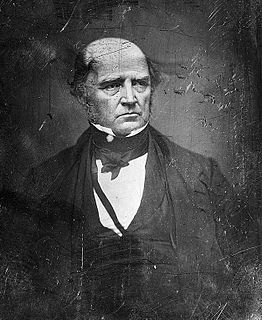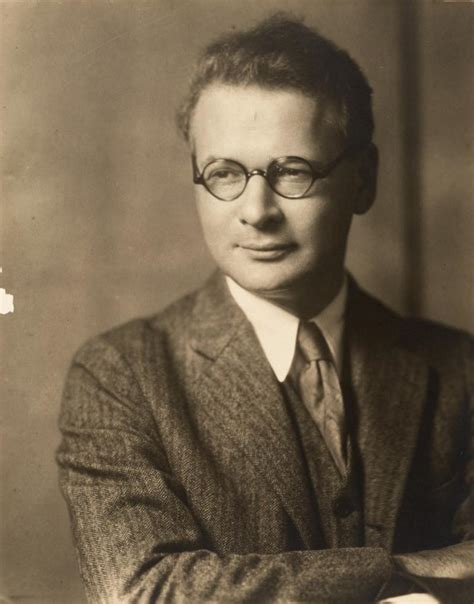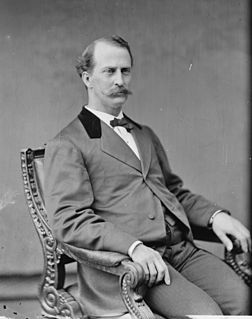A Quote by Levi Woodbury
The very idea of the law in a constitutional republic involves the requisite that it be a rule, a guide, uniform, fixed and equal, for all, till changed by the same high political power which made it. This is what entitles it to its sovereign weight.
Related Quotes
The Council on Foreign Relations is "the establishment." Not only does it have influence and power in key decision-making positions at the highest levels of government to apply pressure from above, but it also announces and uses individuals and groups to bring pressure from below, to justify the high level decisions for converting the U.S. from a sovereign Constitutional Republic into a servile member state of a one-world dictatorship.
The democratic rule that all men are equal is sometimes confused with the quite opposite idea that all men are the same and that any man can be substituted for any other so that his differences make no difference. The two are not at all the same. The democratic rule that all men are equal means that men's being different cannot be made a basis for special privilege or for the invidious advantage of one man over another; equality, under the democratic rule, is the freedom and opportunity of each individual to be fully and completely his different self. Democracy means the right to be different.
And that law of the land which is constitutional, supporting that principle of freedom in maintaining rights and privileges, belongs to all mankind, and is justifiable before me. Therefore, I, the Lord, justify you, and your brethren of my church, in befriending that law which is the constitutional law of the land.
In the sacred fact of obligation you touch the immutable, and lay hold, as it were, on the eternities. At the very center of your being, there is a fixed element, and that of a kind or degree essentially sovereign. A standard is set up in your very thought, by which a great part of your questions are determined, and about which your otherwise random thoughts may settle into order and law.
Outside of America, there are many people, myself included, who champion values that, in some senses, could be thought of as traditionally American - the idea that everybody's equal, that the rights of women and men should be the same, that there should be no discrimination on religious or sexual orientation, that democracy and rule of law and due process are the ways in which society should govern themselves and minorities should be cared for.

































